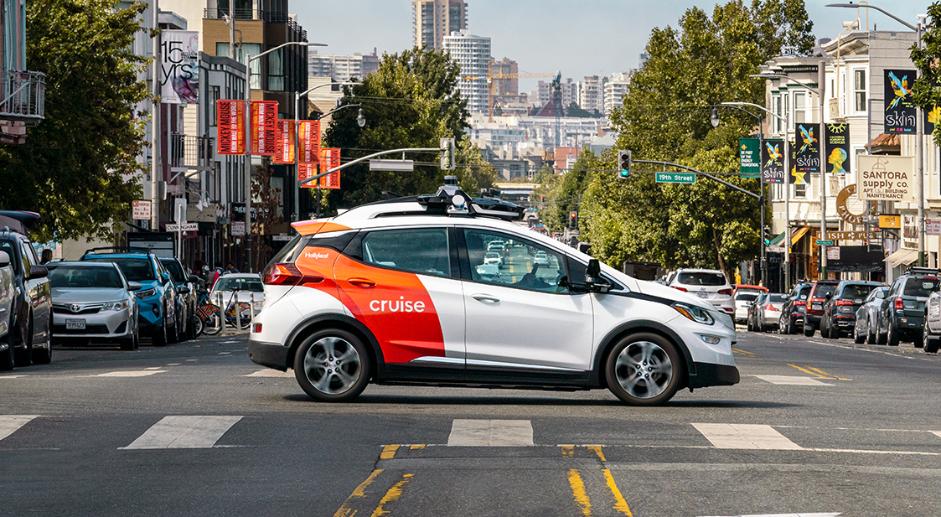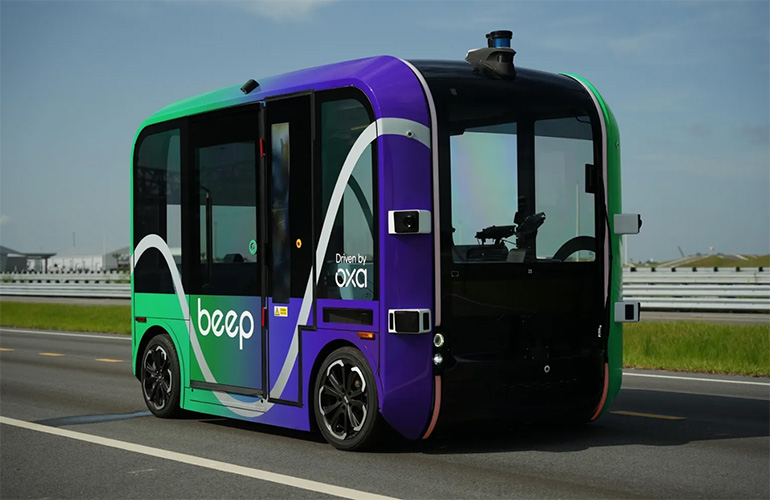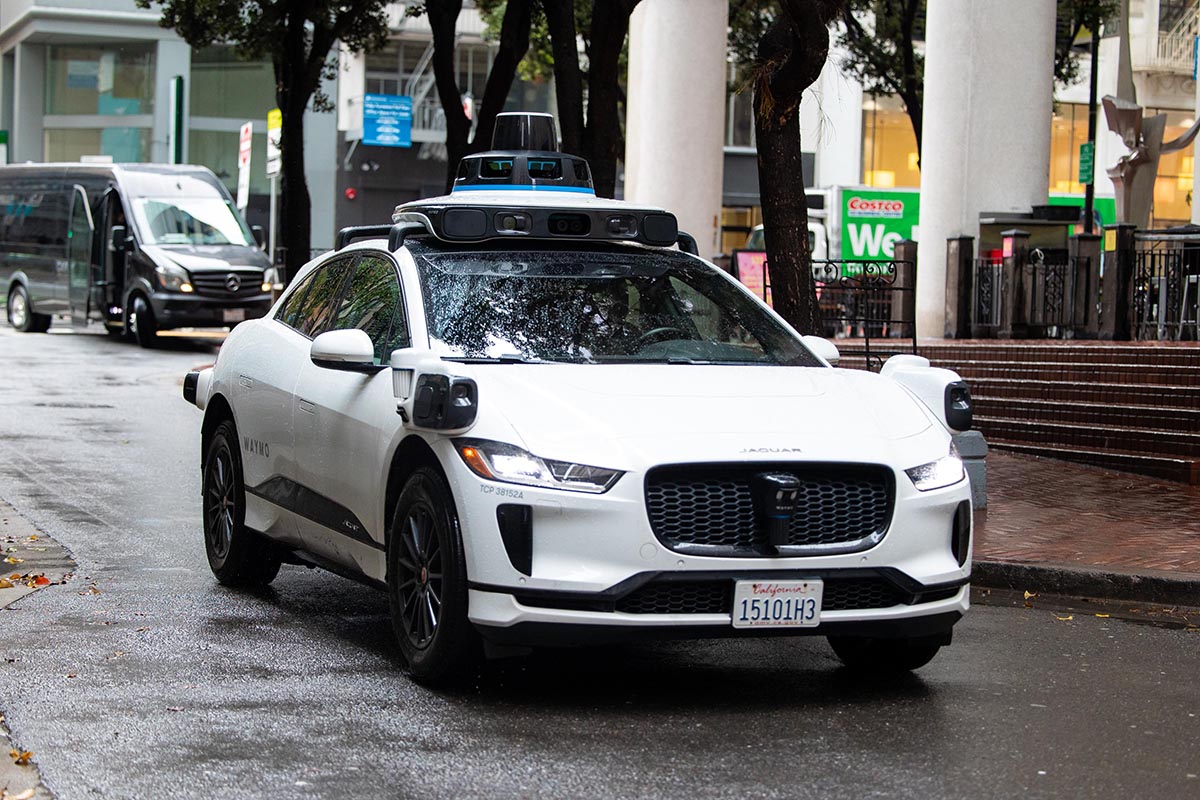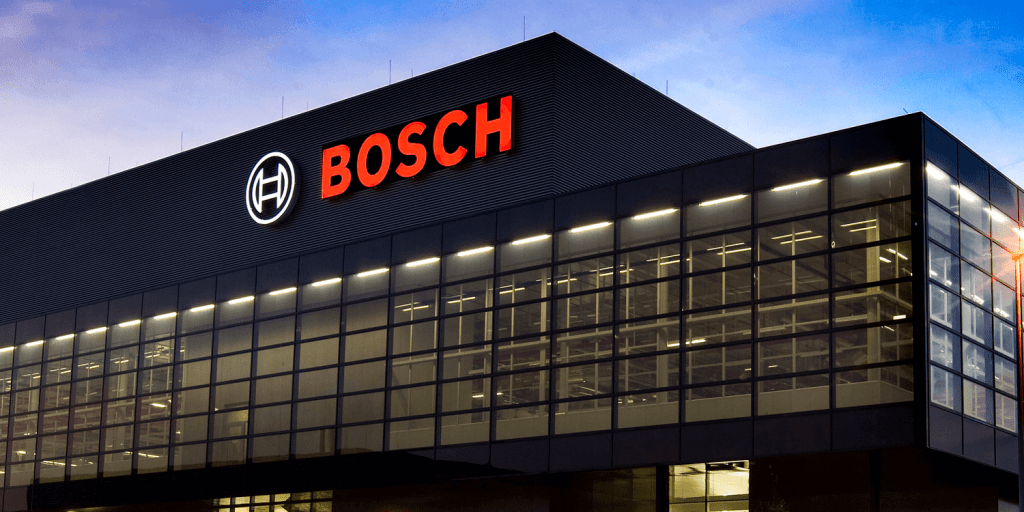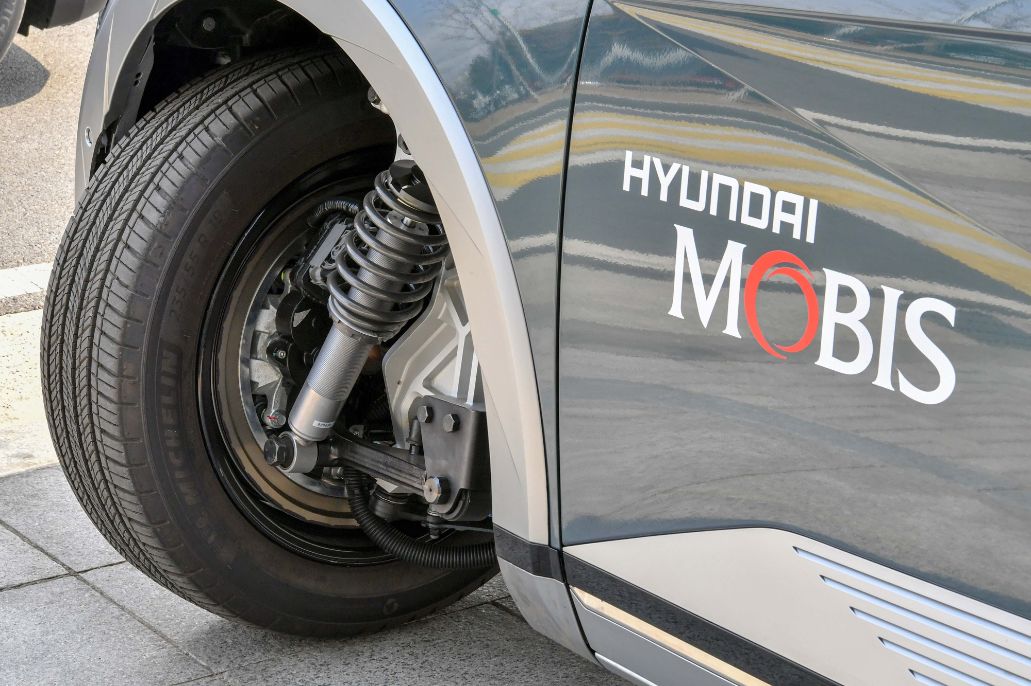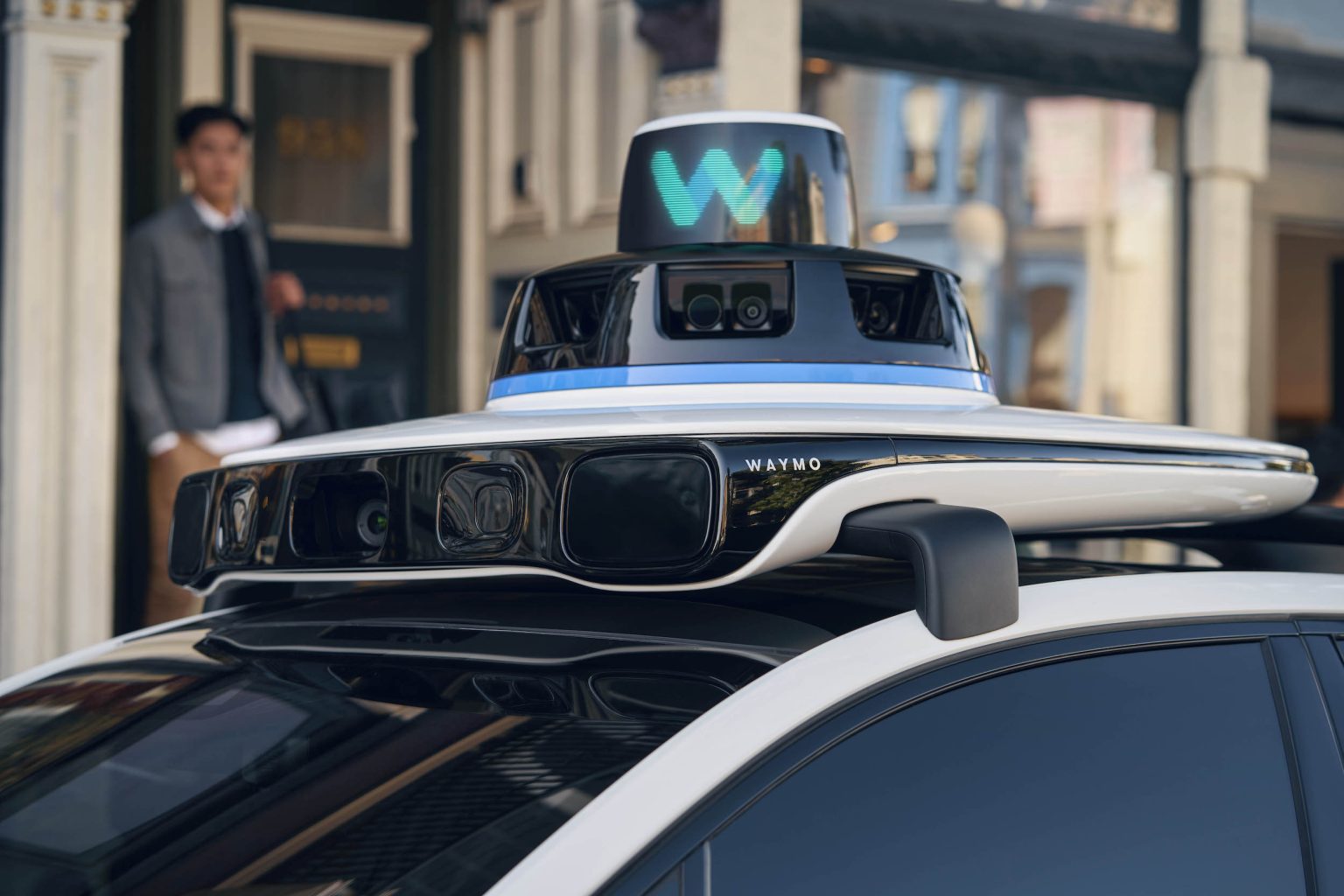Autonomous car company Cruise has seen its internal share price plummet by over half from a quarter ago, as repercussions from an October accident continue to impact the company’s valuation.
Cruise employees were informed in an email, viewed by Reuters, that the share price had been estimated at $11.80 by a third party, down significantly from the prior estimate of $24.27 just one quarter ago. Craig Glidden, Cruise’s chief administrative officer, acknowledged the impact of this decrease, stating, “We cannot ignore that this estimate is significantly lower than we’ve seen before and that there are real-life impacts for each of us.”
See also: General Motors’ Cruise Plans to Resume Autonomous Car Testing in U.S.
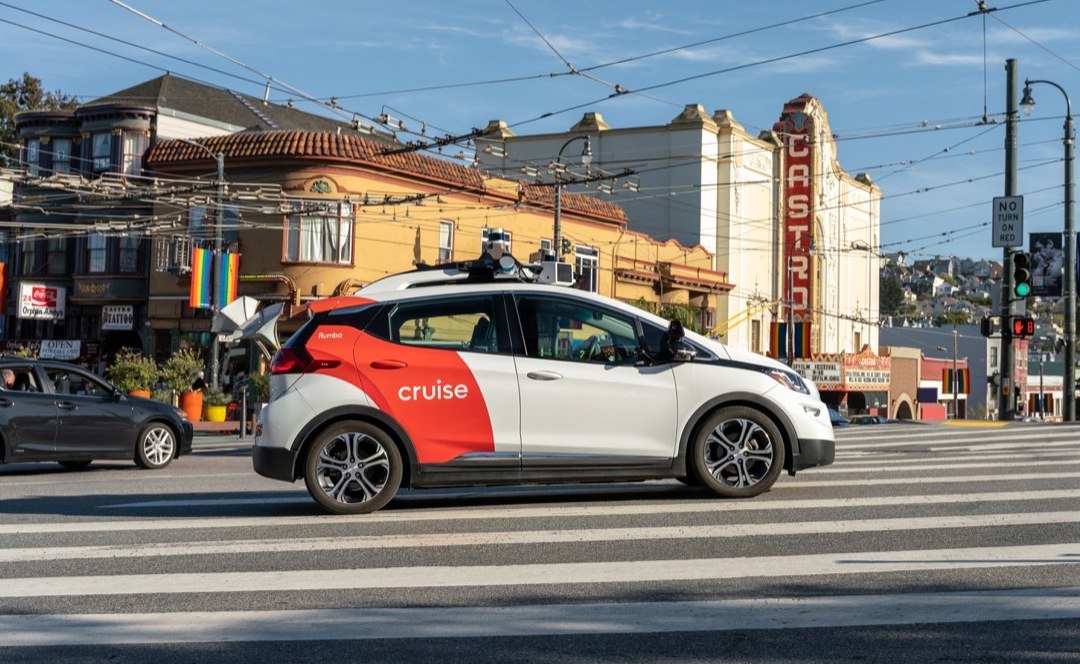
The company has been grappling with the aftermath of an October accident in which a woman was dragged by one of its vehicles after being struck by a human-driven car. Following the incident, Cruise’s permit to operate in California was suspended, leading the company to halt all testing on public roads in the United States.
Glidden indicated that Cruise now faces a “longer pathway towards scaled commercialization.” Previously, the company had plans to introduce self-driving taxis in nearly a dozen U.S. cities, but it has since cut a quarter of its jobs and experienced the departure of its CEO, co-founder, and other key personnel.
See also: GM’s Cruise Self-Driving Unit Sees Departure of Hardware Head Amidst Operational Challenges
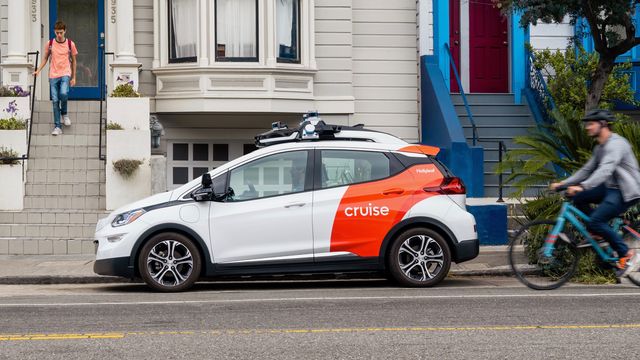
Recent months have proven challenging for Cruise, with parent company GM announcing a $1 billion reduction in Cruise’s annual budget. Additionally, Cruise faced scrutiny after releasing a safety analysis of the October crash that revealed executives had withheld important data from regulators, the press, and the public. The company is now under investigation by several government agencies, including the Securities and Exchange Commission, Department of Justice, and the National Highway Traffic Safety Administration.
Despite these setbacks, Cruise is aiming for a limited return to city streets with human drivers later this year, potentially in Houston or Dallas. However, internal meetings with engineering and operations staff suggested that a relaunch of its robotaxis may not occur until the fourth quarter, contrary to earlier plans. Cruise has denied this characterization, stating that the delay is necessary to “earn the trust of regulators and the public before relaunching.”
See also: California Regulators to Review General Motors’ Cruise Unit’s Handling of Self-Driving Car Crash
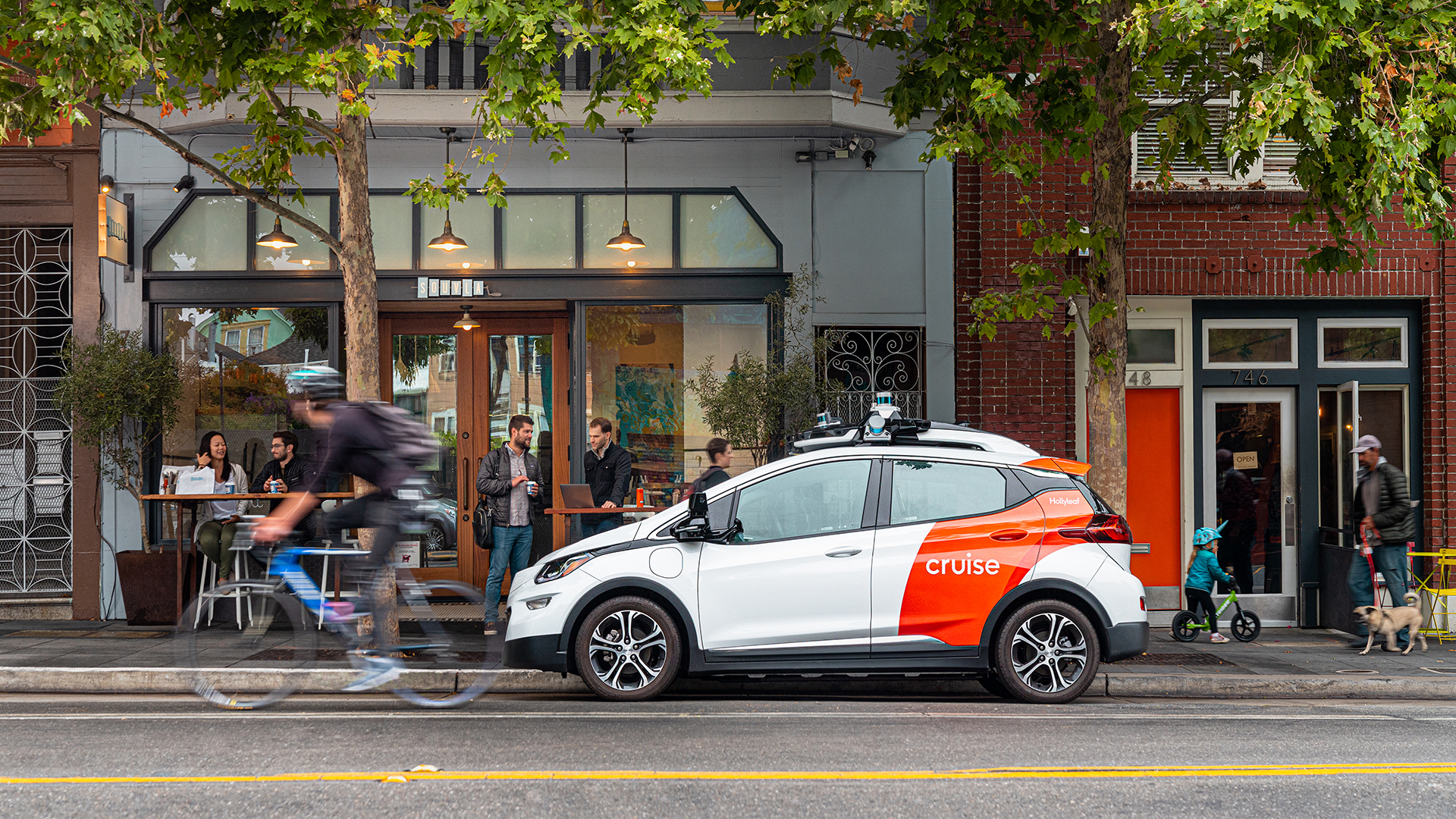
A Cruise spokesman explained that the revised valuation reflects “current market conditions and our operating reality,” highlighting the company’s focus on regaining trust before resuming operations. The downward adjustment in Cruise’s valuation coincides with Apple’s recent decision to cancel its decade-long effort to develop an electric car.

